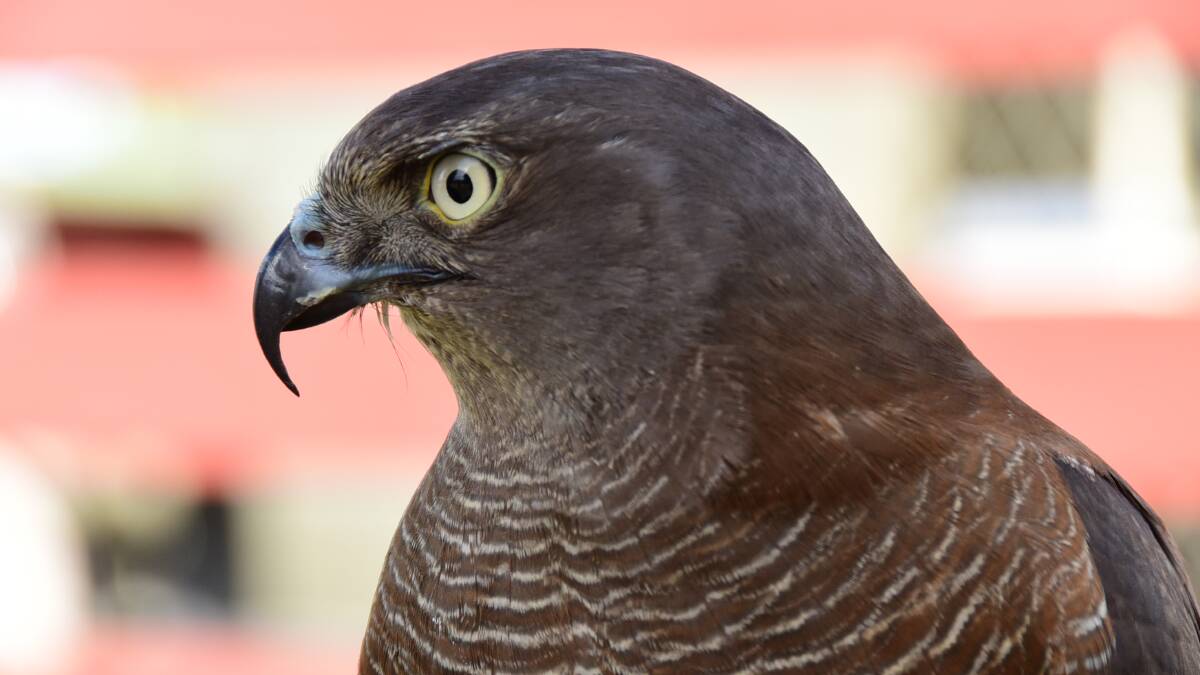
Dubbo Regional Council has warned that starlings are “an extremely adaptable species” after being called on to remove and replace non-native trees in Macquarie Street by former deputy mayor Ben Shields.
Subscribe now for unlimited access.
$0/
(min cost $0)
or signup to continue reading
Mr Shields, who served on Dubbo City Council for 17 years, is scathing of current and past efforts to get rid of the birds that roost in the trees and make a mess on parked cars and footpaths.
“This is causing a major issue in the CBD, a CBD that is struggling already with a lack of shops and shops leaving,” he said. “They clearly need to fix the problem once and for all.”
Talks with arborists have convinced Mr Shields that the trees are at the root of the problem and their gradual removal and replacement would end the city’s starlings saga.
The council and Mr Shields agree that the starlings prefer to roost in trees at the northern end of Macquarie Street, identified by director parks and landcare services Ian McAlister as Celtis australis (European Hackberry).
“This preference may be related to the denser crown of the European Hackberry and that they retain their leaves for a slightly longer period than the Celtis occidentalis (Northern Hackberry) on the southern end of Macquarie Street,” Mr McAlister said.
“However simply removing and replacing the trees with another species may not achieve in pushing the starlings out of Macquarie Street as they are an extremely adaptable species.”
Mr McAlister said a Charles Sturt University Institute for Land, Water and Society study of the starlings in Macquarie Street revealed they were also roosting along the Macquarie River in River Red Gums. Starlings were also known to roost in palm trees in Tamworth, a variety of native shrubs on the Nullabor Plain, and in reeds and rushes in England, he said.
Mr McAlister warned that replacing the trees could cost “many thousands of dollars”. “As these birds are extremely adaptable there is no guarantee that they will not recolonise the replacement trees in the future,” he said.
The director also warned that removing the more than 20-year-old trees and replacing them with a significantly smaller tree would “significantly reduce the amount of shade, and conversely impact the temperatures and amenity” of the CBD.
Mr Shields said “ridiculous ideas and crazy schemes” had failed to get rid of the starlings. Mr McAlister said the study had identified trial options, including the use of falcons.

